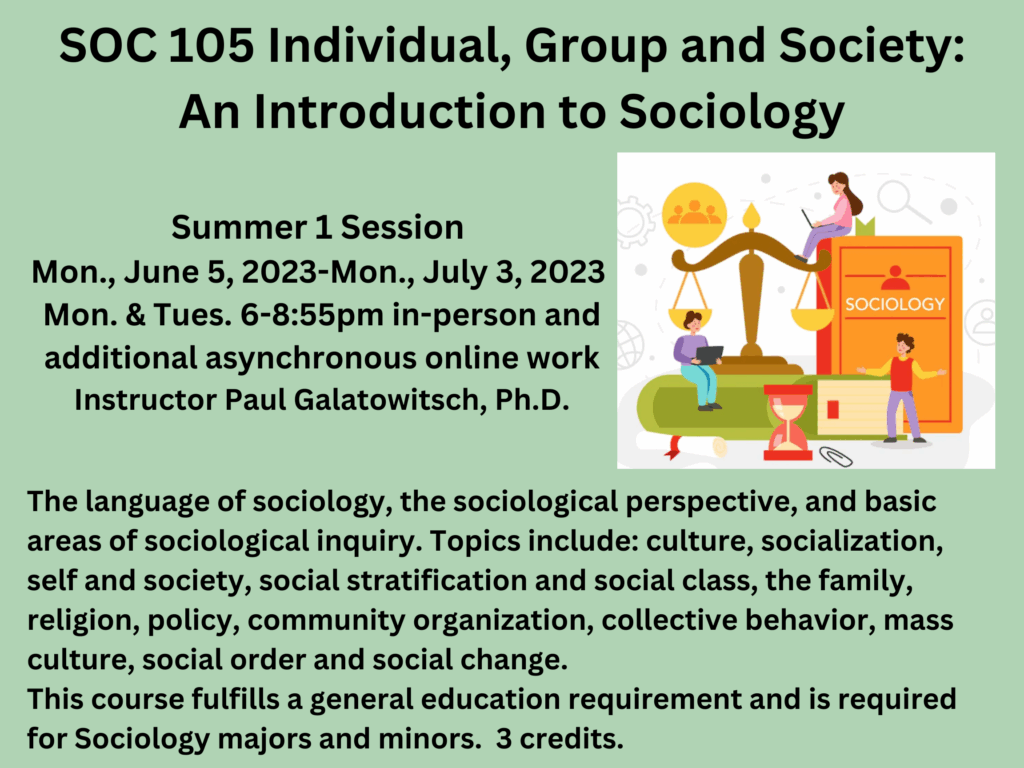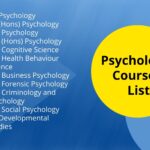There was a time when the world, with all its swirling complexities, felt like a series of disconnected events. News headlines were just stories, people’s actions were just personal choices, and my own place in the grand scheme of things felt… well, a bit random. Then, I signed up for a Sociology Course. I wasn’t quite sure what to expect. Would it be dry? Full of impossible theories? All I knew was that I was curious about people and why we do what we do. And let me tell you, it was one of the most eye-opening experiences of my academic life.
The First Steps: What Even Is Sociology?
I remember walking into that first class, a bit nervous. The professor, a kind and engaging person, started by asking us, "What do you think sociology is?" We mumbled answers about groups and society. She smiled. "Essentially," she explained, "sociology is like giving you a special pair of glasses that lets you see the invisible threads connecting us all. It’s the study of human social life, groups, and societies."
It sounded big, almost too big. But she broke it down beautifully. Instead of just looking at individuals, sociology asks: How do our families, our schools, our jobs, our culture, and even the laws we live under, shape who we are and how we act? It’s about seeing the bigger picture, the patterns, and the structures that influence everything from our morning coffee habits to global conflicts.
Pulling Back the Curtain: My "Aha!" Moments
As the weeks went by, it wasn’t just a course; it was like learning a whole new language for understanding the world. Here are some of the big "aha!" moments that really stuck with me:
1. Beyond Individual Choice: The Power of Social Structures
Before sociology, I often thought, "Well, if someone isn’t successful, it’s because they didn’t try hard enough." Or, "Why don’t people just make better choices?" Sociology completely challenged this simple view. We learned about social structures – things like the economy, the education system, the healthcare system, and even our cultural norms.
It was like realizing that while we all have agency (our ability to make choices), we’re also navigating a pre-existing landscape. If the roads are bad, it’s harder to drive. If schools are underfunded, it’s harder for students to learn. It wasn’t about blaming individuals less, but about understanding the powerful, often unseen, forces that shape opportunities and challenges. This idea alone made news stories, social problems, and even my own life experiences suddenly make a lot more sense.
2. Culture Shock (Without Leaving Home!)
We dove into culture, and it was fascinating. It wasn’t just about different clothes or food; it was about shared beliefs, values, norms, and symbols that guide a group of people. I started to see my own culture, the one I took for granted, through a new lens. Why do we celebrate certain holidays? Why do we value independence so much? Why do we have specific rituals around dating or work?
It was like stepping outside my own bubble and realizing that many things I considered "normal" were just one way of doing things, not the only way. This made me much more empathetic and curious about other cultures, rather than just judging them against my own.
3. Understanding Inequality: The Uncomfortable Truths
This was perhaps the most challenging, but also the most crucial part. We discussed social inequality – how resources, power, and opportunities are distributed unevenly across different groups. Topics like poverty, gender inequality, racial discrimination, and class disparities were explored, not just as isolated problems, but as deeply embedded parts of how societies are organized.
It wasn’t always easy to confront these realities, but the course provided frameworks and research to understand why these inequalities exist and how they are maintained. It moved beyond simple explanations and pushed us to look at historical contexts, systemic biases, and the role of power. It taught me to question things, to look for the voices that are often unheard, and to understand the privileges I might unknowingly possess.
4. The Art of Asking "Why?": Critical Thinking Skills
Beyond the specific topics, a sociology course truly sharpens your critical thinking skills. It teaches you how to look beyond surface explanations, how to evaluate evidence, and how to spot biases in information. We learned about research methods – how sociologists gather data, conduct surveys, and analyze findings.
This wasn’t just for academic papers; it was a skill I started applying every day. When I watched a political debate, read an article, or even had a conversation with friends, I found myself asking: "What’s the underlying social factor here? Whose perspective is missing? What are the assumptions being made?" It gave me a toolkit for navigating a complex information landscape.
How My World Changed: Living with Sociological "Glasses"
Finishing that sociology course didn’t just earn me a grade; it fundamentally altered how I perceive the world.
- News Consumption: Headlines are no longer just events; they’re symptoms of larger social processes. I look for the systemic causes behind issues, not just the individual stories.
- Everyday Interactions: I’m more aware of the social dynamics in conversations, in groups, and even in public spaces. I notice how people conform, how they resist, and the subtle cues that shape our interactions.
- Empathy and Understanding: I feel a deeper connection to people from different backgrounds. Instead of immediately judging, I try to understand the social context that might have shaped their experiences and perspectives.
- Personal Reflection: I started understanding myself better, too. How did my upbringing, my education, and my cultural background shape my beliefs and values? It was a journey of self-discovery as much as societal discovery.
Should You Take a Sociology Course? Absolutely!
If you’ve ever wondered why the world is the way it is, why people act the way they do, or how society truly functions, then a sociology course is for you. It’s not just for aspiring social workers or researchers (though it’s excellent for those paths!). The skills and perspectives you gain are invaluable for almost any career and for simply being a more informed, empathetic, and engaged citizen.
Whether you’re heading into marketing, healthcare, law, education, business, or just trying to navigate life, understanding the social forces at play is a superpower. It helps you see patterns, anticipate challenges, and understand motivations in a way that few other disciplines can.
So, if you get the chance, I wholeheartedly recommend putting on those sociological glasses. You might be surprised at how much more clearly you’ll see the intricate, beautiful, and sometimes challenging tapestry of human existence. It’s more than just a subject; it’s a new way of seeing everything.



